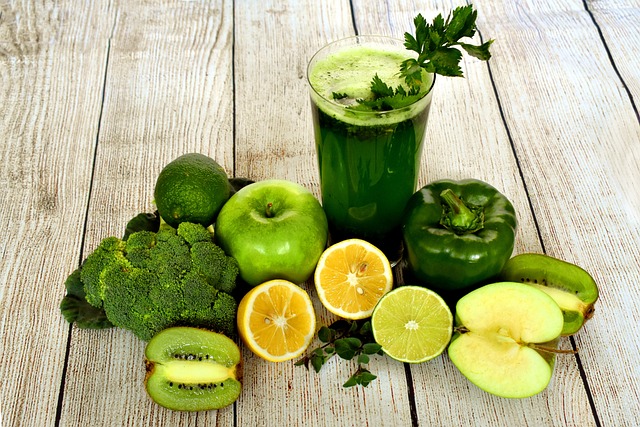The Ultimate Guide to Probiotics for Gut Health
What are Probiotics?
Probiotics are live bacteria and yeasts that are beneficial to the human body, especially the gut. These microorganisms aid in digestion, enhance the immune system, and improve mental health. Most of the probiotics that we consume are from fermented foods and drinks that contain live and active cultures. Some examples of fermented foods and drinks are yogurt, kefir, sauerkraut, tempeh, kombucha, and kimchi.
The Benefits of Probiotics for Gut Health
Probiotics promote a healthy gut environment by keeping the body’s microbiome in balance. Microbiome refers to the trillions of microorganisms that live in the gut. An imbalance of microbiome can lead to various health problems such as diarrhea, constipation, bacterial overgrowth, and inflammation. Here are the benefits of probiotics for gut health:
- Increased nutrient absorption – probiotics break down and digest the food we consume
- Improved digestion – probiotics regulate bowel movements and prevent constipation
- Enhanced immune system – probiotics stimulate the production of antibodies that fight against harmful bacteria and viruses
- Reduced inflammation – probiotics reduce inflammation in the gut lining, which is linked to gut disorders such as inflammatory bowel disease (IBD)
- Better mental health – probiotics improve the gut-brain axis, which is the relationship between gut health and mental health
How to Choose the Right Probiotics
There are several strains of probiotics that offer different health benefits. When choosing a probiotic supplement or food, look for these strains:
- Lactobacillus – promotes overall digestive health and boosts the immune system
- Bifidobacterium – reduces inflammation and prevents constipation
- Saccharomyces boulardii – fights against harmful bacteria and relieves diarrhea caused by antibiotics
- Streptococcus thermophilus – aids in lactose digestion and improves skin health
It’s also essential to choose probiotics from reputable brands and sources. Always check the label to ensure that the product contains live and active cultures.
How to Incorporate Probiotics into Your Diet
Consuming probiotics regularly is crucial for maintaining gut health. Here are some ways to incorporate probiotics into your diet:
- Eat fermented foods and drinks such as yogurt, kefir, sauerkraut, tempeh, kombucha, and kimchi
- Take probiotic supplements such as capsules, tablets, and powders
- Choose foods that contain prebiotics, which are indigestible fibers that promote the growth of probiotics. Foods that are rich in prebiotics are oats, bananas, asparagus, garlic, and onions
Possible Side Effects of Probiotics
Probiotics are generally safe and well-tolerated by most people. However, some individuals may experience side effects such as:
- Gas and bloating – this is due to the increased production of gas by probiotics in the gut
- Diarrhea – some strains of probiotics may cause loose stools, especially in people with intestinal issues such as Irritable Bowel Syndrome (IBS)
- Allergic reactions – people who are allergic to dairy or soy may experience allergic reactions to probiotic supplements that contain these ingredients
If you experience any side effects, discontinue the use of the probiotic supplement or food and consult your doctor.
Conclusion
Probiotics are essential for maintaining gut health and overall wellness. Consuming probiotics regularly can improve digestion, boost the immune system, reduce inflammation, and enhance mental health. Choose the right probiotics, incorporate them into your diet, and monitor any possible side effects. By doing so, you can enjoy the benefits of a healthy gut and a healthier life.







